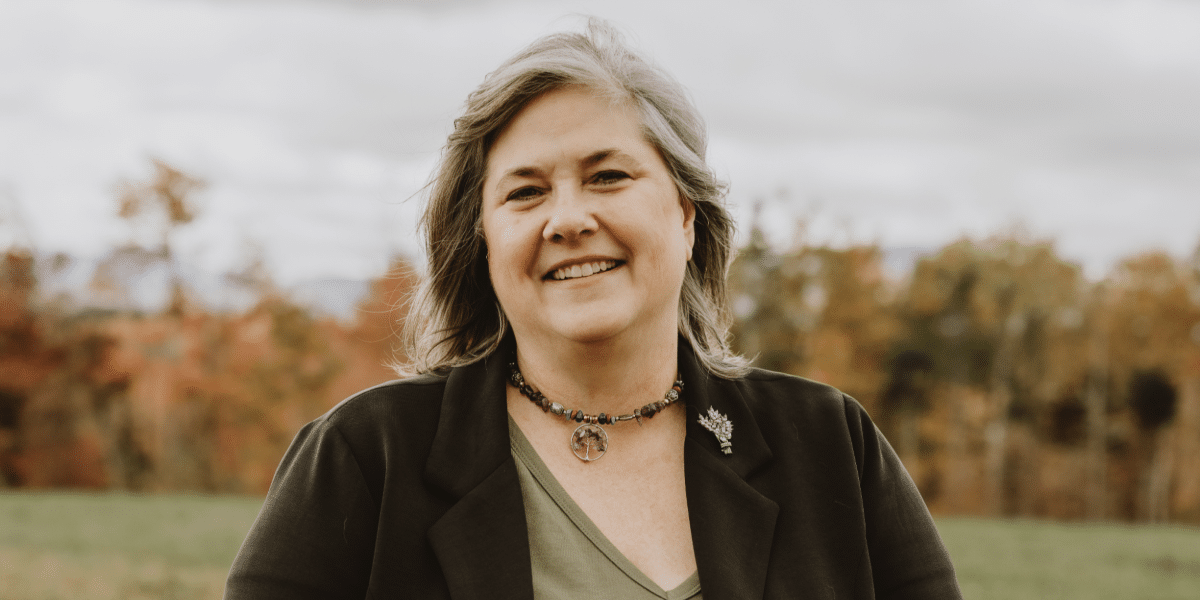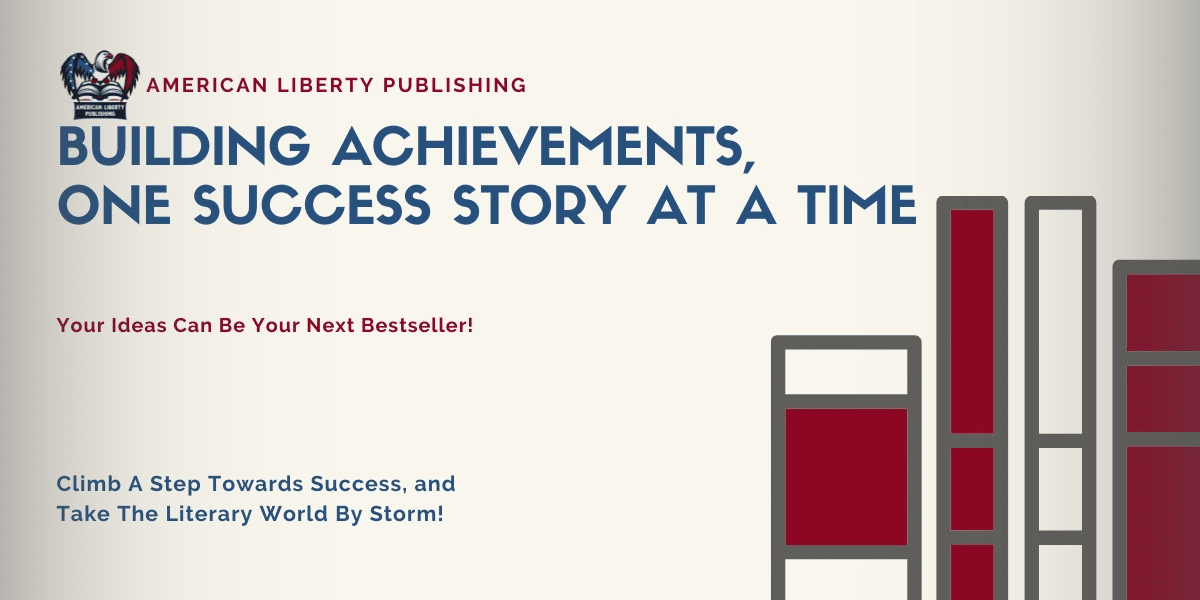By: Jason Gerber
The human experience is a tapestry woven from physical sensations, emotions, thoughts, and a yearning for something beyond. This complexity has led theologians and philosophers for centuries to grapple with the question: what makes us who we are? One prominent debate centers on the nature of our immaterial existence – are we simply body and soul (dichotomy), or is there a distinct entity, the spirit, that connects us to a higher plane (trichotomy)?
A book SPIRIT, SOUL, AND BODY written by Tom Logan presents the case for trichotomy. Let’s explore the arguments for each view and explore how they impact our understanding of ourselves.
The Duality Perspective: Soul as the Immaterial Core
Dichotomists believe humans are comprised of two parts: the physical body and the soul. The soul encompasses all our immaterial aspects – emotions, thoughts, personality, and will. This view finds support in several biblical passages. For instance, Ecclesiastes 12:7 states, “Then the dust returns to the earth as it was, and the spirit returns to God who gave it.” This suggests a clear separation between the physical body that decays and the enduring soul that returns to God.
Dichotomists also point to the use of the word “soul” (nephesh in Hebrew, psuche in Greek) throughout scripture. The soul is often used interchangeably with concepts like “mind,” “heart,” or “life force.” This emphasis on the soul as the seat of our conscious experience strengthens the argument for a single immaterial entity.
Strengths of the Duality View:
Simplicity: Dichotomy offers a clear and straightforward model of human existence. It aligns with our everyday experience of our emotions and thoughts being intrinsically linked.
Scriptural Basis: The frequent association of the soul with our conscious being finds support in various biblical passages.
Challenges to the Duality View:
Distinguishing Spirit: Several biblical verses seem to differentiate between spirit and soul. Romans 8:16 says, “The Spirit himself testifies with our spirit that we are God’s children.” This suggests a separate entity, the spirit, that interacts with the soul.
Limited Scope: Dichotomy might not fully capture the nuances of our connection to the divine. The concept of a distinct spirit allows for a deeper exploration of our spiritual nature.
The Trichotomy Perspective: Spirit, Soul, And Body
The book SPIRIT, SOUL, AND BODY argues for trichotomy, which posits three distinct parts: body, soul, and spirit. The body is the physical vessel, the soul houses our personality and emotions, and the spirit is the immaterial part that connects us to God. Proponents of trichotomy see the spirit as a dormant faculty that becomes awakened through faith and allows us to commune with the Holy Spirit.
Strengths of the Trichotomy View:
Nuance and Depth: Trichotomy provides a more nuanced framework for understanding our connection to the divine. The distinct spirit allows for a deeper exploration of spiritual growth and our relationship with God.
Scriptural Support: Several passages seem to distinguish spirit and soul. 1 Corinthians 2:14 states, “The person without the Spirit does not accept the things of the God’s Spirit, because they are foolish to him, and he cannot understand them, because they are spiritually discerned.” This suggests a separate faculty (spirit) that needs to be activated for spiritual understanding.
Challenges to the Trichotomy View:
Complexity: Trichotomy can seem more complex than the dichotomy model. It requires a clearer definition of the distinct roles of the soul and spirit.
Lack of Clarity: While some biblical passages seem to differentiate between spirit and soul, others use the terms interchangeably. This lack of clear-cut distinction can pose a challenge for interpretation.
Beyond the Debate: The Importance of Integration
The debate between dichotomy and trichotomy is ultimately not about proving one view right and the other wrong. The key takeaway is the importance of recognizing the immaterial dimension of human existence.
Whether we see ourselves as body and soul or body, soul, and spirit, the value lies in acknowledging that we are more than just physical beings. We have a capacity for spiritual connection, growth, and purpose. This understanding can guide our choices and inspire us to cultivate a relationship with something greater than ourselves.
The Author further emphasizes the importance of integrating these aspects.
Regardless of the model we choose, nurturing our physical, emotional, and spiritual well-being leads to a more fulfilling life. Caring for our bodies allows them to house our souls and spirits effectively. Engaging our emotions and intellect helps us connect with the world around us and understand our place within it. Finally, nurturing our spirits allows us to cultivate a connection with the divine and experience a sense of purpose that transcends the physical realm.
Call to Action
The book doesn’t definitively settle the debate between dichotomy and trichotomy. Instead, it offers a framework for understanding ourselves as multifaceted beings with a deep spiritual core. This understanding can empower us to:
Prioritize Spiritual Growth: Recognizing the role of the spirit (or soul, depending on your view) motivates us to invest in practices that nurture our spiritual connection. This might involve prayer, meditation, spending time in nature, or engaging in acts of service.
Embrace Wholeness: Integrating the physical, emotional, and spiritual aspects of ourselves fosters a sense of wholeness and well-being. By caring for each dimension, we create a life that is rich, meaningful, and connected.
Deepen Our Relationship with God: Understanding the concept of spirit (or soul) allows us to explore the nature of our connection with the divine. Whether through prayer, scripture study, or participation in a faith community, we can cultivate a more meaningful relationship with a higher power.
The Duality vs. Trichotomy Debate: A Journey, Not a Destination
The question of whether we are body and soul or body, soul, and spirit is an ongoing exploration. Both dichotomy and trichotomy offer valuable insights, and ultimately, the most important aspect is acknowledging the reality of our immaterial existence. By embracing this multifaceted nature, we embark on a lifelong journey of growth, purpose, and connection to something greater than ourselves.
Published by: Khy Talara














